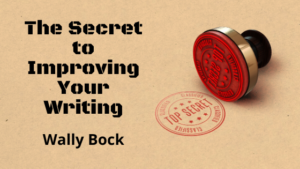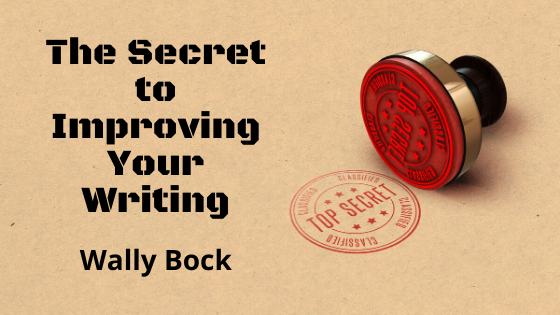 Garrett sent me an email with the following question: “When I ask people who write well how I can improve my writing, they tell me to ‘Just write.’ Is that really all there is to it? What do you think?”
Garrett sent me an email with the following question: “When I ask people who write well how I can improve my writing, they tell me to ‘Just write.’ Is that really all there is to it? What do you think?”
You Must Write
Writing is like swimming or riding a bike. You must do it to learn it. Reading about writing alone won’t make you a better writer. Thinking about writing alone won’t make you a better writer. Researching the traits of great writers won’t make you a better writer, either. You must write to become a better writer. But that’s not all.
Read Good Writing to Improve Your Writing
If you want to write well, you must have a mental model of good writing. You get that by reading good writers in the genre that you want to write in. Some of the best writing about business is in The New York Times, The Wall Street Journal, and The Economist. If you aspire to write business books, read books by Adam Grant or Bob Sutton.
Get Feedback to Improve Your Writing
The learning loop works for writing as it does for learning anything else. Try something. Get feedback. Think through the feedback that you get. Decide how you want to improve the next time you write. Then try it. Feedback may make you uncomfortable, but you won’t get better without it.
Give yourself feedback. Read your writing out loud. Your mouth will stumble over things that your eyes thought were just fine. Do things differently to improve your writing.
Most word processing programs have built-in grammar checkers. Most can provide “readability” calculations. Use them. Get feedback on your “readability.” Be careful, though. You must understand grammar to use automated grammar-checking suggestions effectively.
Get feedback from selected friends. The friends who will give you good feedback are the ones who will tell you the truth and who have their own mental model of good writing.
Get professional help. Top athletes and executives use coaches to improve. You can, too.
There’s Good News and Bad News
If you develop strong mental models, get feedback on your writing and reflect on it, you can write better. That’s the good news. The bad news is that the process never ends. I started paying attention to writing in a serious way when I was in my teens. I’m in my 70s now. And I’m still working on getting better.
